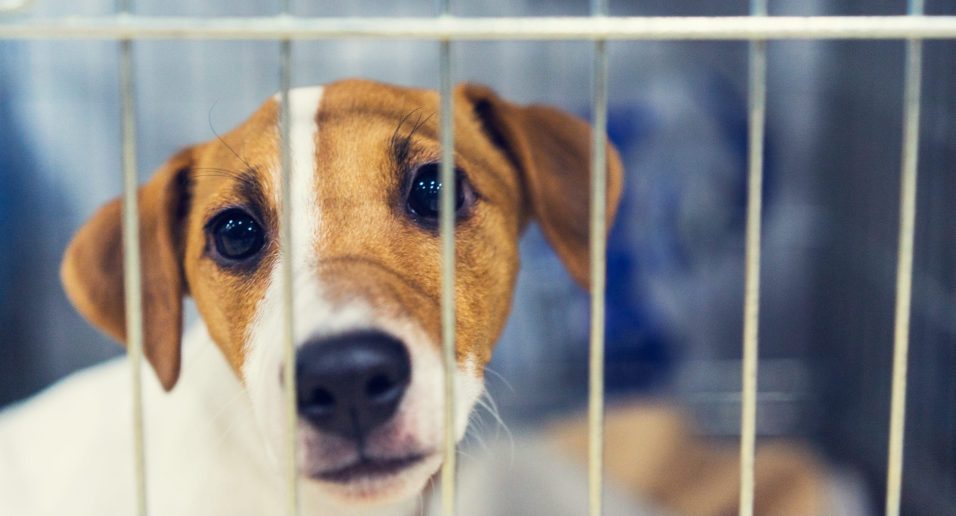INCREASING numbers of pet owners on the Mornington Peninsula are giving up their animals because they can no longer afford to look after them.
Pet rescue groups say they are overflowing with unwanted and surrendered animals, while social support groups report that they are getting many requests for help to feed pets.
Rising household costs and power bills mean there is nothing left in many family budgets to feed animals. The last straw is when animals need veterinary care, or owners have to pay expensive release fees if their pet ends up in the shire’s animal pound.
Western Port Community Support CEO Georgia Hourn said it was heartbreaking to see people forced to make the difficult decision to let go of pets.
“We had a family recently who just could not afford to keep their dog, it was a child’s dog but the costs became too high,” she said.
“It caused a huge amount of stress for the family.”
Hourn said requests for help to feed pets had increased significantly since the start of the year, and the support centre was also providing more assistance with vet fees and desexing costs.
“We’ve seen a 50 per cent rise in the number of people needing food packages, but every day we also give pet food to pet owners doing it tough.”
RSPCA Victoria, which has a shelter at Pearcedale, is facing unprecedented demand to care for surrendered animals.
CEO Dr Liz Walker said the cost of living crisis was affecting people and in turn their animals, resulting in increased demand for the RSPCA’s services.
The animal welfare organisation is struggling to deal with a 340 per cent increase in calls regarding per surrenders over the past three years.
“There are a lot of factors that impact the number of animals surrendered to RSPCA Victoria’s care, from financial challenges to major changes in a person’s life, to health or behaviour issues with the animal that they are unable to manage for different reasons,” Walker said.
“Sometimes it’s a combination of these factors. Whenever someone is facing the difficult decision of whether to surrender, we try to explore the reason and see if there may be a solution they haven’t considered that could keep that pet in their home.”
Mornington pet owner Rosy Fischer, who once ran a subsidised desexing program to support responsible pet ownership, said rises in pet registration costs and council pound release fees were “punitive” and would exacerbate the problem of owners surrendering pets.
“There needs to be compassion from the shire. As a pet owner I know that no matter how hard you try, sometime a pet will escape or be let out, but the cost to get an animal back is prohibitive for some,” she said.
“I spent $500 installing an outside cat run but my cat still got out…a fine would have felt like I was being punished.”
Mornington Peninsula Shire recently increased its release fees by around 200 per cent, with the cost now about $200. On top of that is a daily “accommodation” fee and a $370 fine.
There are also state government annual pet registrations of up to $225 (for undesexed dogs), and shire-imposed fines of $363 for non-compliance.
According to the government’s MoneySmart website, a cat or dog will typically cost between $3000 to $6000 in the first year of ownership, and in a typical year, dog owners can expect to pay around $1627 and cat owners around $962.
First published in the Mornington News – 27th June 2023


